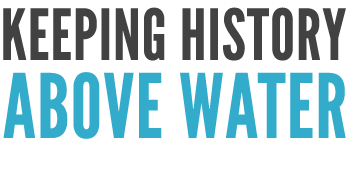Museums: We Need to Talk About Climate Change
Museums, like almost almost everything else, will be affected by changing temperatures, sea levels, shifting tourist seasons, and other climate change impacts. However, from their position as trusted educational institutions, museums have a unique role in interpreting and communicating climate change impacts. As museums begin to establish their stance on climate change, practitioners in the field need to have open conversations about what museums can contribute and how they want to frame these issues.
“We need to talk about Climate Change” was a 1-day workshop held at the Manchester Museum in the UK on April 7, 2017. This workshop provided an opportunity for UK-based heritage professionals to collaborate on the role of heritage sector in climate change communication. Below, Dr. Anna Woodham discusses the aims and outcomes of the workshop including the forthcoming publicly-available resources that will help other museums start similar conversations.
“This collaborative one-day workshop was attended by fifteen invited participants from museums and heritage organisations across the UK and beyond. We wanted to bring together a diverse group of professionals including participants from museums and heritage sites, heritage advisory bodies and other relevant organisations such as the International National Trusts Organisation, Historic Environment Scotland, The Science Museum, London, the Ironbridge Gorge Museum Trust and others. Although these bodies are often engaged in related work, it can be unusual for them to come together to discuss common issues. Many of those who attended had taken part in the ‘Troubled Waters, stormy futures: heritage in times of accelerated climate change” research project (see: http://www.corddirdyfroedd.org). The workshop was funded by the Arts and Humanities Research Council (AHRC), UK.
The aim of the event was to consider the following questions using a variety of different exercises and methods:
- Should the heritage sector communicate climate change at all? What would a “devil’s advocate” say for leaving it well alone? On the basis of what principles/aspects of mission does it get involved?
- Assuming the answer to Q1 is yes…Can the heritage sector play an important role within climate communication- why and how?
- How is the heritage sector currently communicating climate change to the public?
- What are the potential barriers to these strategies (internal or external to the organisation) and how might they be overcome?
The discussions prompted by these questions were lively and engaging, highlighting many of the opportunities and challenges the sector faces. The unique position of heritage organisations with their potential to connect past-present and future was emphasied along with how these organisations can have a seat at the table in wider climate change discussions, something that continues to be a struggle. George Marshall, from Climate Outreach, a leading climate change communication organisation also gave a presentation on new ways of engaging the public (particularly those with more conservative values) with climate change discussions.
A selection of tweets from the day using the hashtag #heritage4climate have been storyfied here:
https://storify.com/annawoodham1/we-need-to-talk-about-climate-change
Based on the event, we are aiming to produce a set of resources, which will be open for all to make use of, including:
- Facilitator’s pack (aimed at those wishing to host similar workshops)
- Summary report of the discussions.
- Webinar and short film based on the discussions and including a contribution by George Marshall, Climate Outreach.

